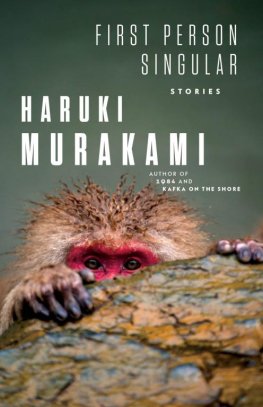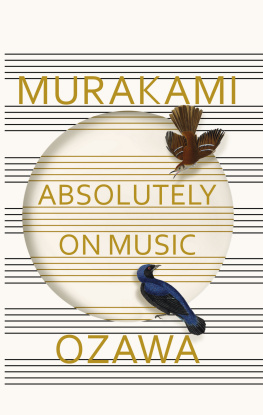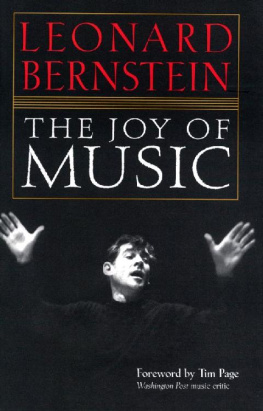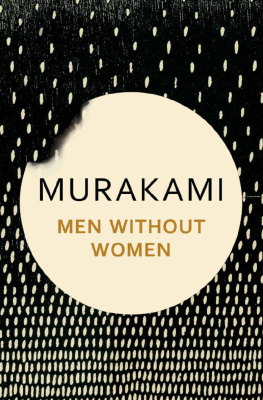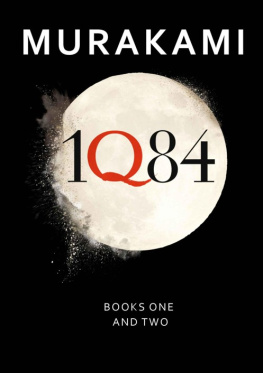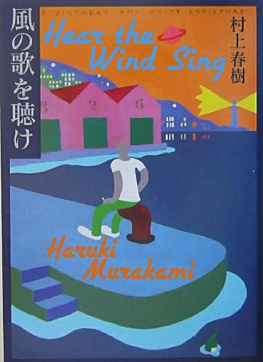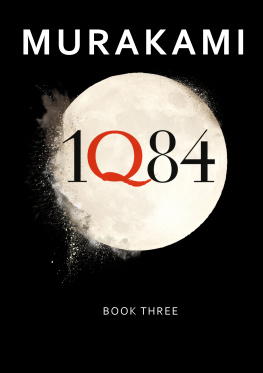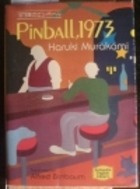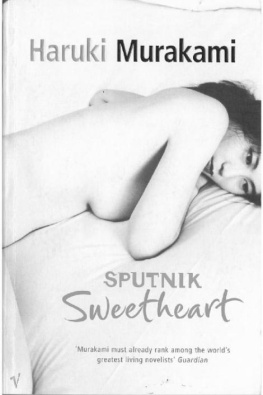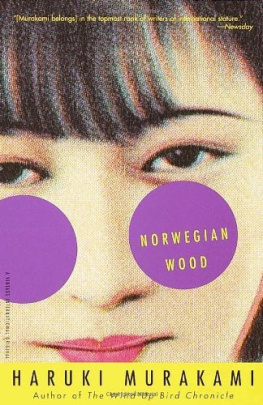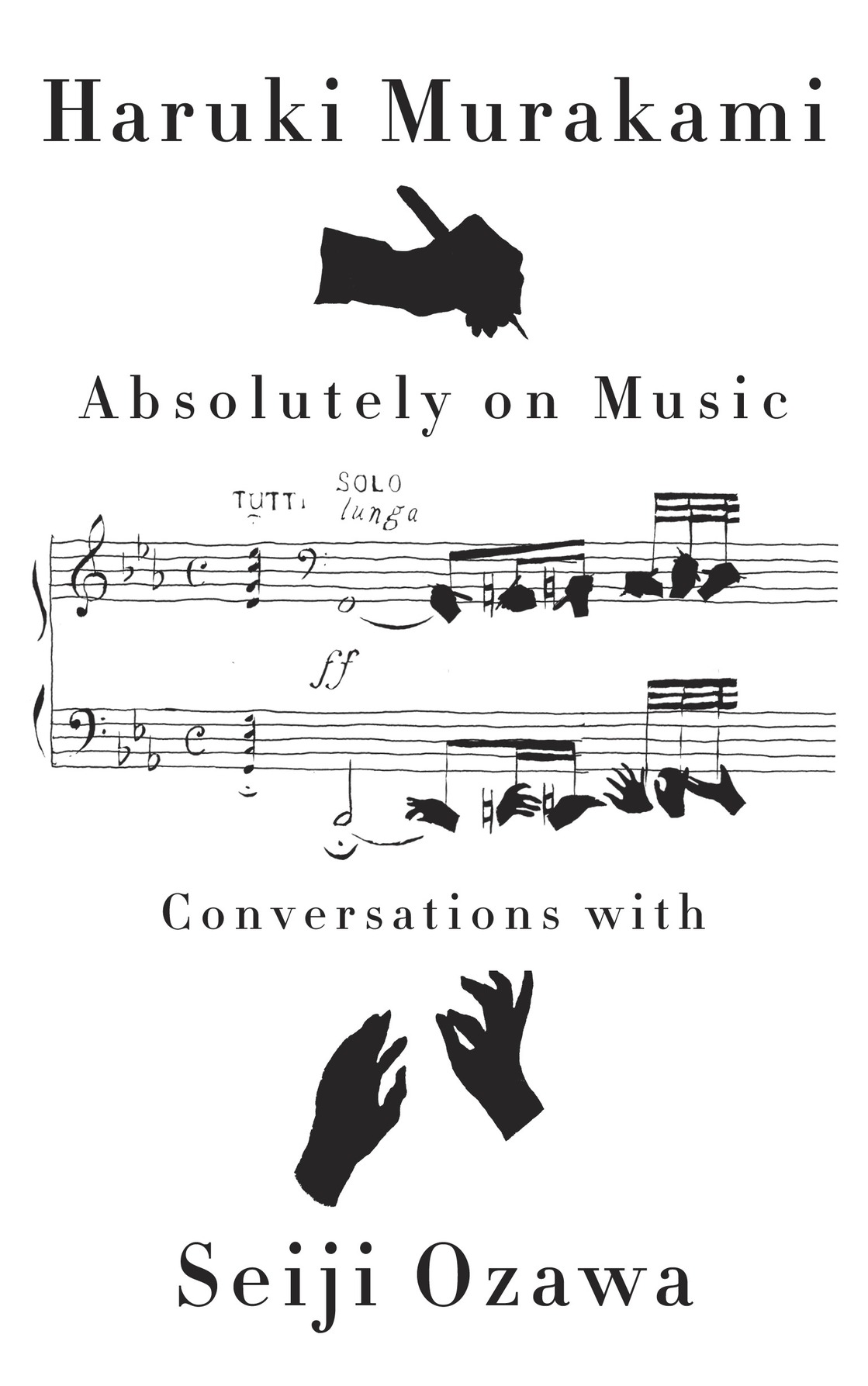THIS IS A BORZOI BOOK PUBLISHED BY ALFRED A. KNOPF
English translation copyright 2016 by Seiji Ozawa and Haruki Murakami
All rights reserved. Published in the United States by Alfred A. Knopf, a division of Penguin Random House LLC, New York. Originally published in Japan as Ozawa Seiji-san to ongaku ni tsuite hanashi o suru by Shinchosa, Tokyo, in 2011. Copyright 2011 by Seiji Ozawa and Haruki Murakami.
www.aaknopf.com
Knopf, Borzoi Books, and the colophon are registered trademarks of Penguin Random House LLC
Grateful acknowledgment is made to The Leonard Bernstein Office, Inc., for permission to reprint an excerpt from a speech given by Leonard Bernstein during Glenn Gould, Leonard Bernstein: Brahms Piano Concerto No. 1, New York Philharmonic, performance of April 6, 1962. Copyright by Amberson Holdings, LLC. Reprinted by permission of The Leonard Bernstein Office, Inc.
Library of Congress Cataloging-in-Publication Data
Names: Ozawa, Seiji, [date] | Murakami, Haruki, [date] | Rubin, Jay, [date] translator.
Title: Absolutely on music : conversations with Seiji Ozawa / [interviews by] Haruki Murakami ; translated from the Japanese by Jay Rubin.
Other titles: Ozawa Seiji-san to, ongaku ni tsuite hanashi o suru. English
Description: New York : Alfred A. Knopf, 2016.
Identifiers: LCCN 2016008866 (print) | LCCN 2016009343 (ebook) | ISBN 9780385354349 (hardcover : alk. paper) | ISBN 9780385354356 (ebook)
Subjects: LCSH : Ozawa, Seiji, [date]Interviews. | Conductors (Music)Interviews. | MusicHistory and criticism.
Classification: LCC ML 422. O 9 A 513 2016 (print) | LCC ML 422. O 9 (ebook) | DDC 784.2092dc23
LC record available at http://lccn.loc.gov/2016008866
Ebook ISBN9780385354356
Cover illustration by Eric Hanson
Cover design by Chip Kidd
v4.1
ep
Contents
Introduction
My Afternoons with Seiji Ozawa
Until we started the interviews in this book, I had never had a serious conversation with Seiji Ozawa about music. True, I lived in Boston from 1993 to 1995, while he was still music director of the Boston Symphony Orchestra, and I would often go to concerts he conducted, but I was just another anonymous fan in the audience. Not long after that, my wife and I happened to become friends with his daughter, Seira, and we would see and talk to her father now and then. But our acquaintance was casual and had nothing to do with either his work or mine.
Perhaps one reason we never talked seriously about music until recently is that the maestros work kept him so fully involved. As a result, whenever we got together to have a drink, wed talk about anything other than music. At most, we might have shared a few fragmentary remarks on some musical topics that never led anywhere. Ozawa is the type of person who focuses all his energy on his work, so that when he steps away from it, he needs to take a breather. Knowing this, I avoided bringing up musical topics when I was in his company.
In December of 2009, however, Ozawa was found to have esophageal cancer, and after major surgery the following month, he had to restrict his musical activities, largely replacing them with a challenging program of recuperation and rehabilitation. Perhaps because of this regime, we gradually began to talk more about music whenever we met. As weakened as he was, he took on a new vitality whenever the topic turned to music. Even when talking with a musical layman such as myself, any sort of conversation about music seemed to provide the refreshment he needed. And the very fact that I was not in his field probably set him at ease.
I have been a fervent jazz fan for close to half a century, but I have also been listening to classical music with no less enjoyment, collecting classical records since I was in high school, and going to concerts as often as time would permit. Especially when I was living in Europefrom 1986 to 1989I was immersed in classical music. Listening to jazz and the classics has always been both an effective stimulus and a source of peace to my heart and mind. If someone told me that I could listen to only one or the other but not to both, my life would be immeasurably diminished. As Duke Ellington once said, There are simply two kinds of music, good music and the other kind. In that sense, jazz and classical music are fundamentally the same. The pure joy one experiences listening to good music transcends questions of genre.
During one of Seiji Ozawas visits to my home, we were listening to music and talking about one thing or another when he told me a tremendously interesting story about Glenn Gould and Leonard Bernsteins 1962 performance in New York of Brahmss First Piano Concerto. What a shame it would be to let such a fascinating story just evaporate, I thought. Somebody ought to record it and put it on paper. And, brazen as it may seem, the only somebody that happened to cross my mind at the moment was me.
When I suggested this to Seiji Ozawa, he liked the idea immediately. Why not? he said. Ive got plenty of time to spare these days. Lets do it. To have Seiji Ozawa ill with cancer was a heart-wrenching development for the music world, for me personally, and of course for him; but that it gave rise to this time for the two of us to sit and have good, long talks about music may be one of those rare silver linings that are not in fact to be found in every cloud.
As much as I have loved music over the years, I never received a formal musical education, have virtually no technical knowledge of the field, and am a complete layman where most things musical are concerned. During our conversations, some of my comments may have been amateurish or even insulting, but Ozawa is not the sort of person to let such things bother him. He gave each remark serious thought and responded to each question, for which I was tremendously grateful.
I handled the tape recorder, transcribed our conversations myself, and presented the manuscript to him for corrections.
Come to think of it, Ive never really talked about music like this before, in such a focused, organized way. This was the very first thing Ozawa said to me after reading the finished manuscript. But wow, my language is so rough! Do you think readers are going to understand what Im saying?


